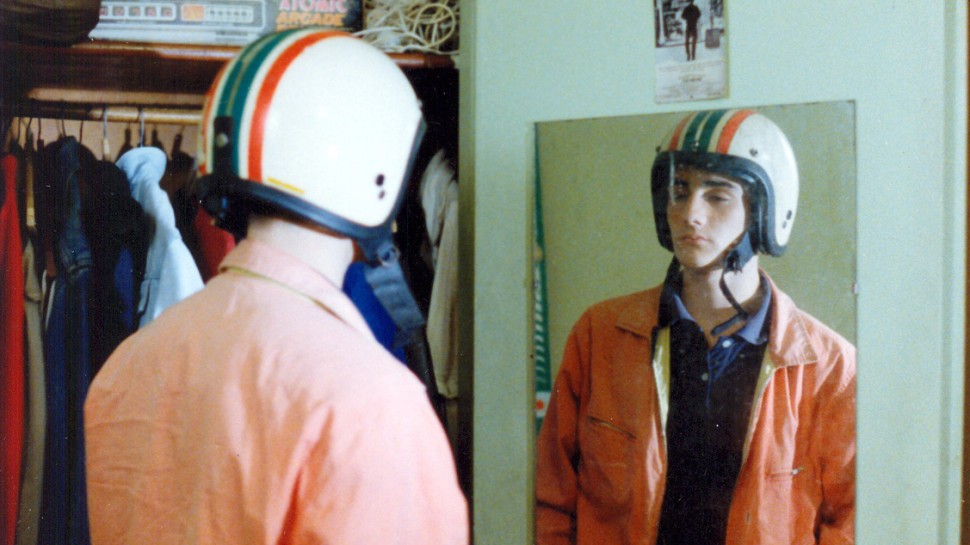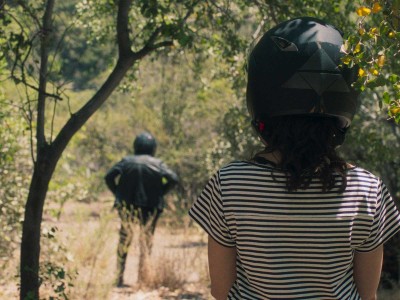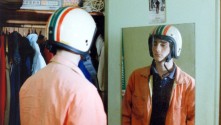
Rapado
(Cropped Head)
With Ezequiel Cavia, Damián Dreizik, Mirta Busnelli.
Argentina/Netherlands, 1992, 35mm, color, 75 min.
Spanish with English subtitles.
Print source: HFA
Rejtman’s legendary feature debut became an instant cult sensation, immediately recognized as an authentic, iconic harbinger of a new sensibility in Argentine and Latin American filmmaking. Rapado boldly announced Rejtman’s signature laconic style with its restrained camera work, zero-degree performance style, crisply distilled dialogue and careful structure of repetitions that both abstract and intensify the largely nocturnal world tightly contained within it. A close adaptation of the title entry from Rejtman’s eponymous collection of short stories, Rapado follows two, or perhaps three, days and late nights in the life of a young man still stuck at home with his parents and enervated by the pregnant decisions that seem to weigh down his every action. A droll and melancholy comedy of delayed reaction that captures the loneliness of the corner store and video arcade, and the even-then precarious state of the Argentine economy, Rapado’s poignant rendering of directionless youth merits comparison to the late, desolate masterworks of Aki Kaurismäki.
The Harvard Film Archive will screen a beautiful 35mm print of Rapado from its collection, struck directly from the original camera negative in 2010.
The precise yet unexpected symmetries that guide Rejtman’s narratives (in cinema as in his short stories) are showcased in his sharply comic short film, Shakti, a brisk chronicle of the days in the life of a young man after he determines to break up with his girlfriend on the same day of his grandmother’s death. As in Silvia Prieto, Rejtman makes brilliant use of hesitant voiceover and crisp dialogue to embody the young man’s uncertain place in a world he has yet to make his own. Featuring the first Jewish character in Rejtman’s cinema and based partially on characters modeled after colleagues and friends—including celebrated Argentine filmmaker Albertina Carri, who inspired the eponymous heroine—Shakti points clearly towards the openly autobiographical turn taken by his latest feature La práctica.














